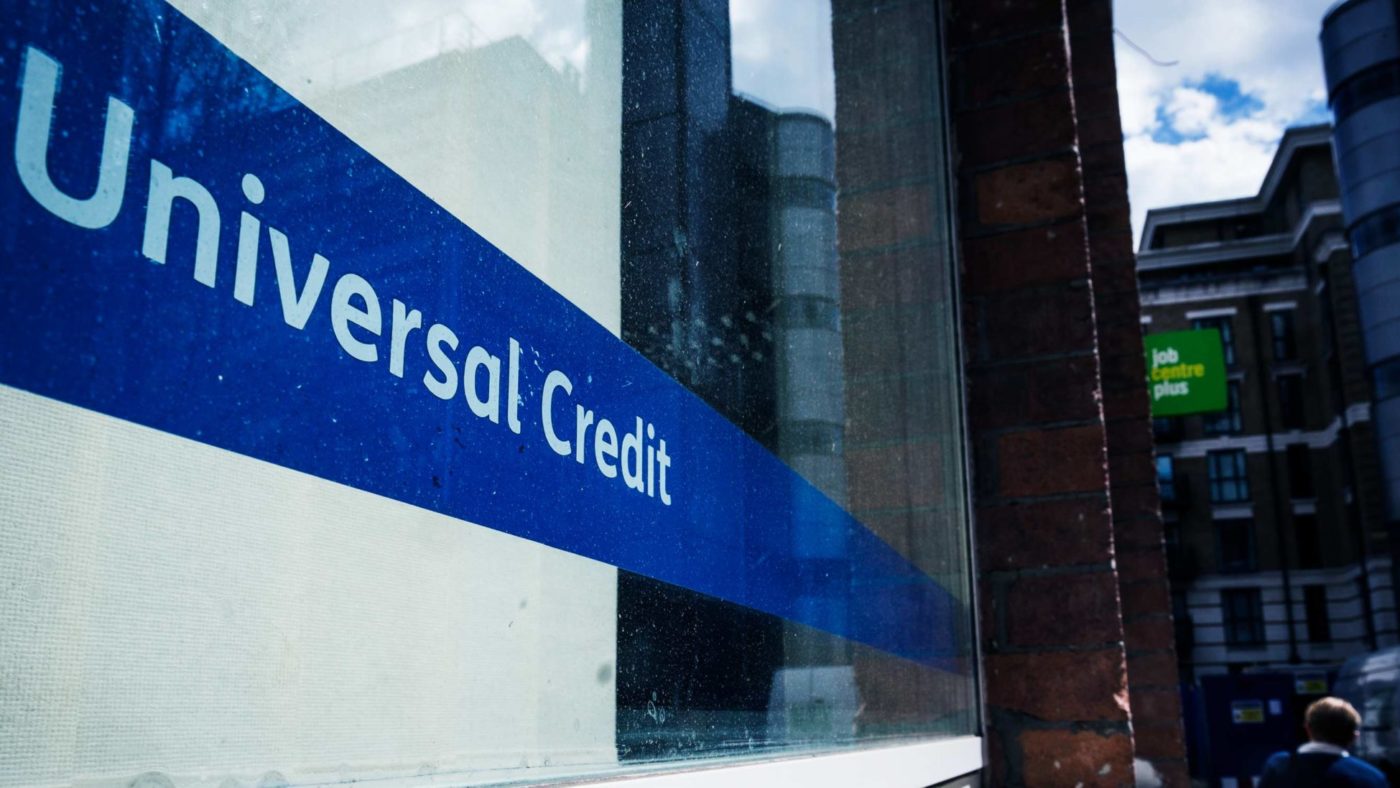Universal Credit is at the top of the news agenda thanks to a leaked Cabinet briefing and John Major comparing it to the Poll Tax. This time, the Department for Work and Pensions say that lone working-age parents could be £200 worse off under UC compared to the old system of working tax credits.
First, it’s worth debunking some of that hysteria. Anyone currently on tax credits won’t be worse off on UC; a Government transitional arrangement makes up any difference between the old benefit and new one. Secondly, this revelation is nothing new. The shortfall is a result of cuts implemented by George Osborne when he was in the Treasury back in 2015. Those cuts precipitated the resignation of the then Work and Pensions Secretary Iain Duncan Smith, who has been campaigning for more investment in UC ever since.
More concerning was the intervention from former prime minister Gordon Brown who called for a scrapping of UC altogether, and a return to the old system of Jobseeker’s Allowance and working tax credits. This is hardly surprising, given that Brown was the principle architect of tax credits. And to think they are a suitable alternative to UC would be a gross revision of history. Let’s never forget why the welfare system needed to be reformed in the first place.
The unemployment rate was 8 per cent (today it is half that at 4 per cent), with 2.5 million people unemployed (today there are just 1.5 million). In 2010, 1.4 million people had been on out-of-work welfare for nine or more of the last 10 years, 670,000 families were claiming more than £15,000 in benefits (far more than what you could earn on the minimum wage at the time), income inequality was higher and social mobility in Britain was worse than most other Western economies including France, Germany and the US.
This dire state of affairs was made possible thanks to a system under which it paid more to stay unemployed and on welfare than to go out and get a job. It was a system that classed a family as “poor” according to an arbitrary line, without ever dealing with some of the barriers that prevented them from progressing towards an independent and more dignified existence – a stable home life, freedom from debt and addiction, a job that paid a proper salary and an opportunity to gain skills.
The old welfare system did more to keep people trapped in a state of subservience to government handouts than to help them reach their own potential. I know this because I started a charity to pick up the pieces where the welfare state had failed so abjectly.
Compare this to Universal Credit, which was designed by my organisation, the Centre for Social Justice. It has almost rolled out across the country and the results that have come back so far are hugely promising. Claimants on UC are almost 7 per cent more likely to have been in work at any point within six months of claiming when compared to claimants on the old system.
Those UC claimants were also more likely to be earning more from their job than those still on the old system. And let’s not ever lose sight of the fact that employment in this country has reached record highs – with more than three million more people in work today compared to when Gordon Brown was in power. This is important because work is the best route out of poverty — indeed, having a job reduces the chance of falling into poverty by 75 per cent.
Yes, UC is a major welfare reform that will affect millions of people up and down Britain. And we expect there to be some roll-out issues. But the test-and-learn model being deployed by DWP will allow for changes to be made as we learn which areas of UC need improvement. More money needs to be invested in UC, to replace the cuts made by George Osborne in the 2015 budget, that is right and fair.
If Gordon Brown was genuinely interested in helping solve poverty in this country, he’d get behind UC. People’s lives aren’t political footballs for retired politicians. My own experience as a charity worker in Loughborough has proved to me that if you want to change the lives of disadvantaged kids, you need to get them a job.
UC is helping, and will continue to help, do exactly that for millions of people who were previously locked out of the labour market under the old system of job seekers’ allowance and working tax credits. Scrapping UC now would be a disservice to those people who deserve more than a life stuck on benefits.


